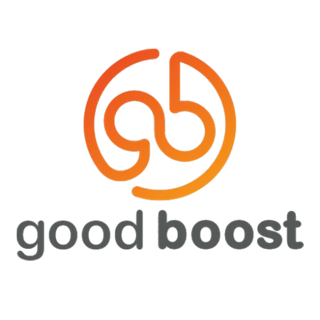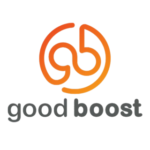 The pandemic has led to a backlog of people, primarily over 50s, who are in need of support to manage their condition due to a combination of physical inactivity and limited access to non-emergency appointments.
The pandemic has led to a backlog of people, primarily over 50s, who are in need of support to manage their condition due to a combination of physical inactivity and limited access to non-emergency appointments.
Those living with MSK conditions can find it challenging to exercise due to pain, fear of injury and low motivation. However physical activity can help to alleviate symptoms and improve mental health.
A new app designed to bring people together
The VCR project, running for twelve months, will be offering support to people in the form of peer-led, virtual group exercise classes delivered via a mobile app. The project will utilise technologies demonstrated to improve physical activity and overall quality of life, and allow anyone to benefit from the comfort of their own home.
Ben Wilkins, CEO of Good Boost, said: “Focus groups with people living with arthritis and musculoskeletal conditions highlighted that the motivation to find the time to be active can be a challenge. But if there was an option to sign-up for a virtual group class, then that commitment and social contract would be the nudge to encourage the behaviour to find a date and time to be regularly active.”
A function of the app will be to help people set individual and group goals (potentially connected to fundraising) and create a virtual chat room to bring those with similar conditions together. A series of focus groups encompassing a wide range of people of all ages and backgrounds living with MSK conditions will pilot the app.
The app will be developed in partnership with Arthritis Action, National Rheumatoid Arthritis Society, National Axial Spondyloarthritis Society, Versus Arthritis, UK Active, and Oxford Brookes University.
Oxford Brookes leads on research component
The Centre for Movement, Occupational and Rehabilitation Sciences (MOReS) at Oxford Brookes University is responsible for the research component of the project, to evaluate the app. This will help the project team to understand the barriers for digital exercise solutions and the effectiveness of the exercise programmes to impact on key MSK health indicators, such as completing daily tasks and the ability of people to self-manage their condition.
Professor Helen Dawes, Director Centre for Movement, Occupational and Rehabilitation Sciences at Oxford Brookes University, said: “I am delighted to be working with Good Boost and the project partners to develop and evaluate this evidence based community rehabilitation programme. It has the potential to bring people living with arthritis and musculoskeletal conditions together in groups to safely and effectively participate in individualised rehabilitation.”
The whole project will last 12 months and will be opened to members of the public from Spring 2022.
The new project builds on previous work that Oxford Brookes University has collaborated with Good Boost on, including developing an app to help those with inflammatory arthritis.

